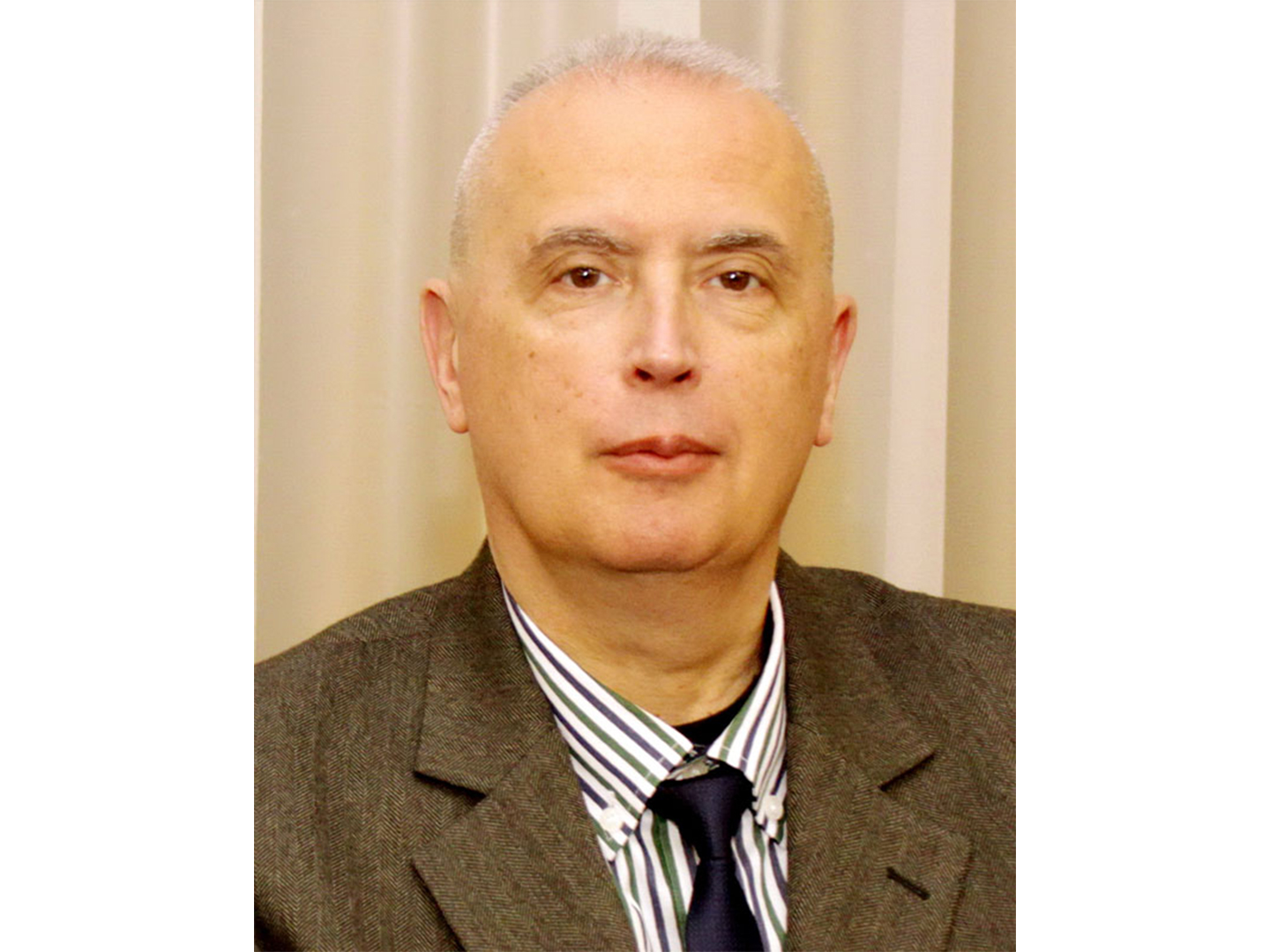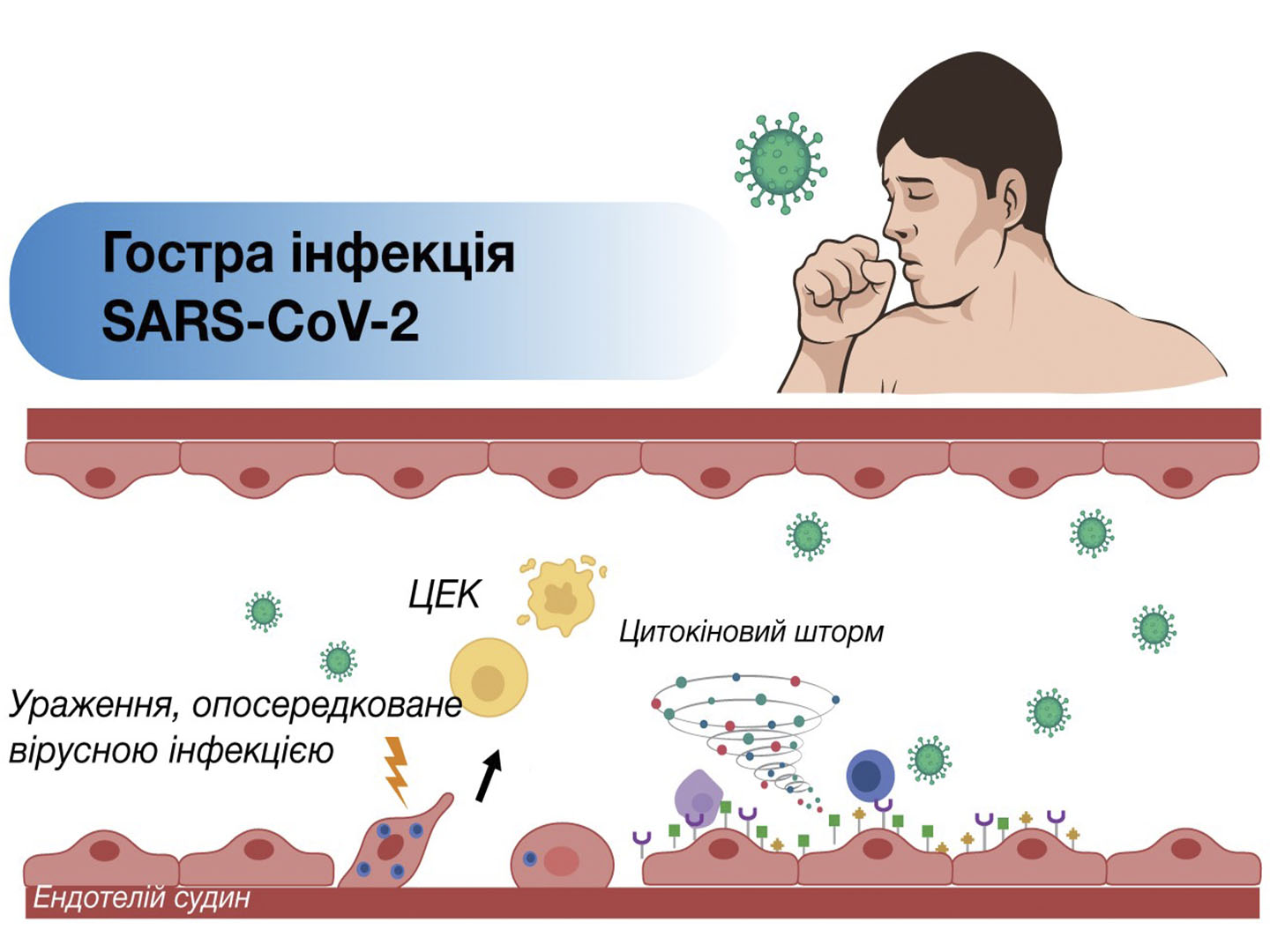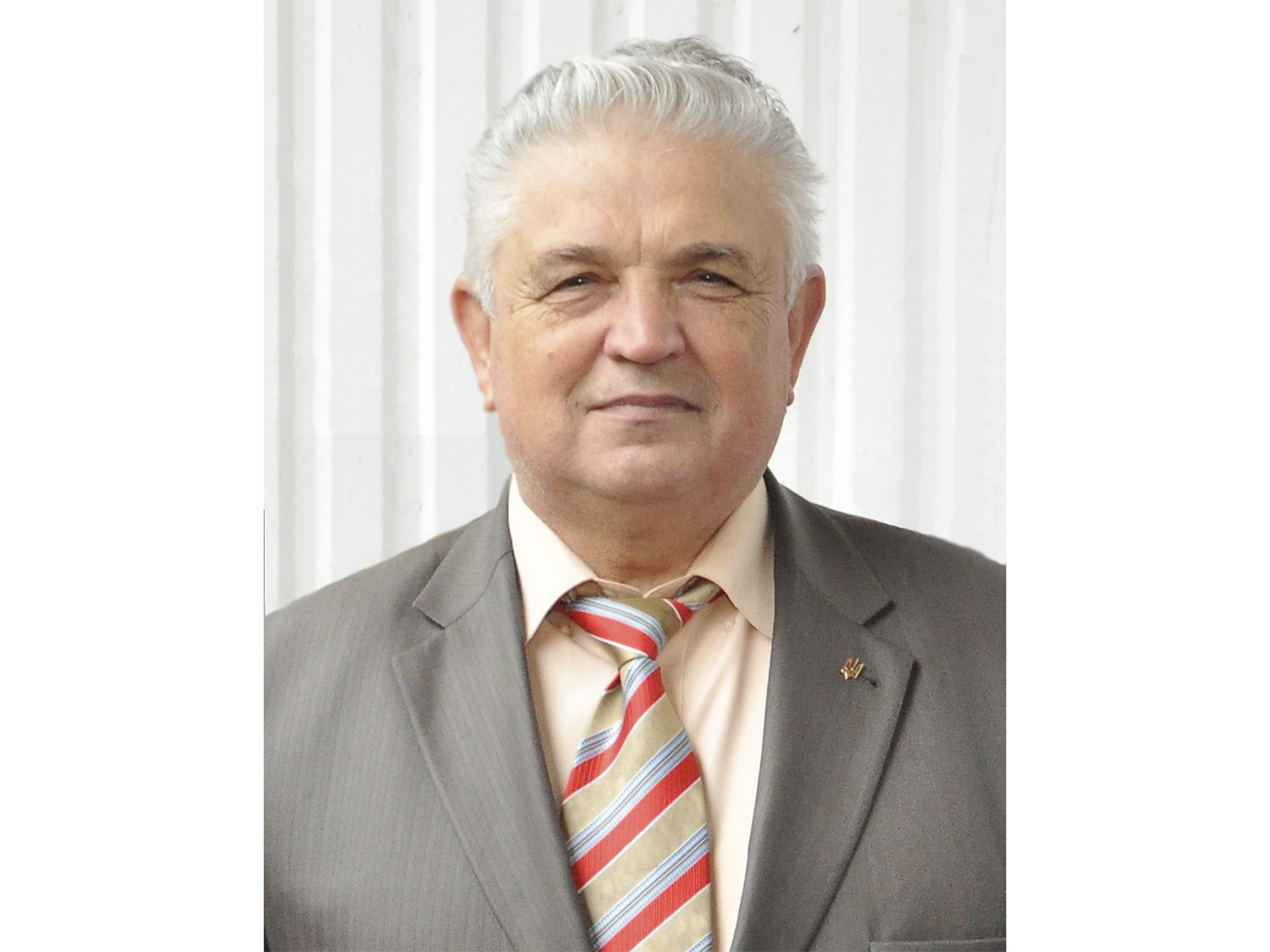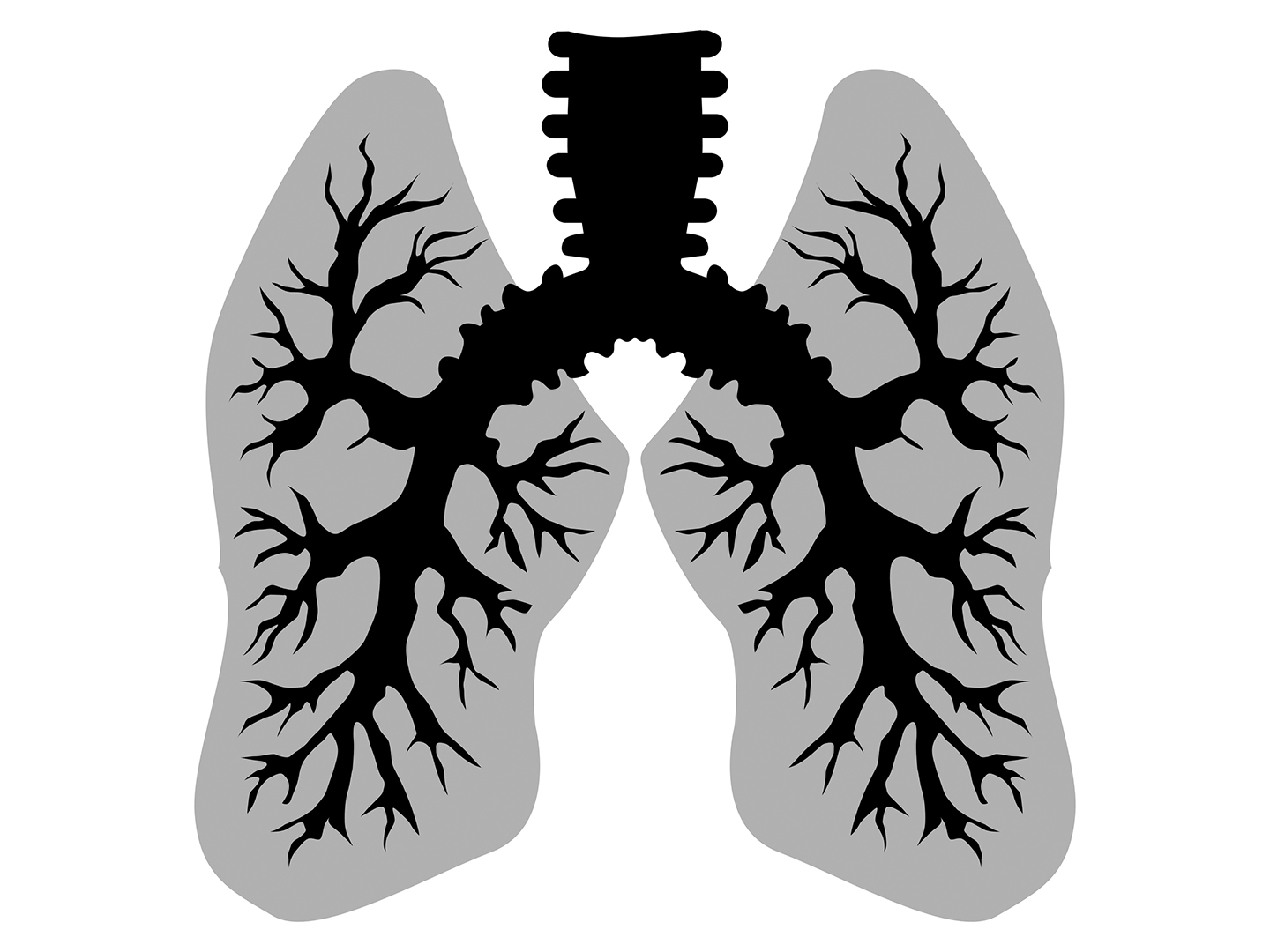Does glucose-insulin-potassium use make sense during postischemic reperfusion syndrome?

Bogomolets National Medical University. Kyiv
City Clinical Hospital No. 3
In pathophysiology of PRS significant importance belongs to biochemical disturbances (biochemical shock wave effect), destructive processes, and destabilizing factors on levels of ions, enzymes, microand macromolecular compounds of myocardium. According to current concepts, pharmacotherapy of PRS should be based on principles of myocardial energetic support mechanisms and correction of ion transport in myocardial cells, membrane protection, and restitution of extra- and intracardiac mechanisms of cardiac function regulation.
Glucose-insulin-potassium (GIP) can be included into the group of drugs, that intensify ATP synthesis and regulate transmem-brane transport of К+, Na+, Са2+ ions.

It`s been more than 50 years from the time, when D. Sodi-Pallares performed clinical research of GIP considering its efficiency in patients with acute myocardial infarction (MI) and found its positive effect on disease course and early survivance in such category of patients. Since that time clinical observations were actively performed, aiming to discover GIP efficiency in practical medicine. During the period since 1962 a lot of scientific works, that showed efficiency of GIP use in clinical cardiology were published. According to these publications data, polarizing solution administration in case of MI contributed to mortality decrease in 28-40%, it is important to note, that treatment efficiency depended on mixture ingredients, as well as on time of its administration. Authors associated the cause of mortality decrease with antiarrhythmic effect of potassium and positive influence of glucose on metabolic processes in cardiac myocytes. Normalizing effect of GIP was found in case of local myocardial contractility disturbances. That is why administration of GIK during treatment of patients with severe heart failure (HF) was considered as a promising.
Some works showed, that administration of GIK directly before coronary artery bypass surgery promotes significant heart index increase (by 40%), decrease of cardiac arrhythmias rate and risk of postoperative cardiogenic shock development.





